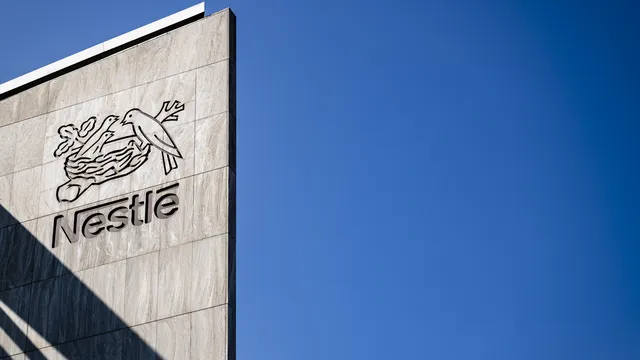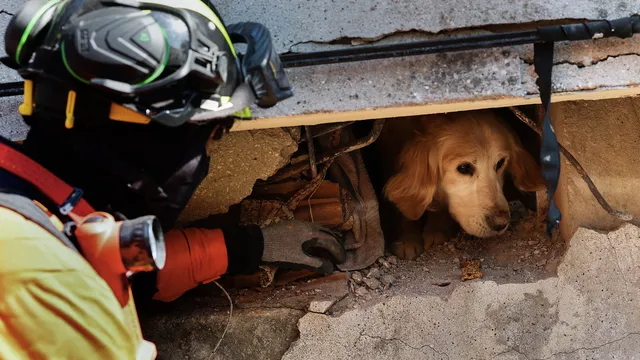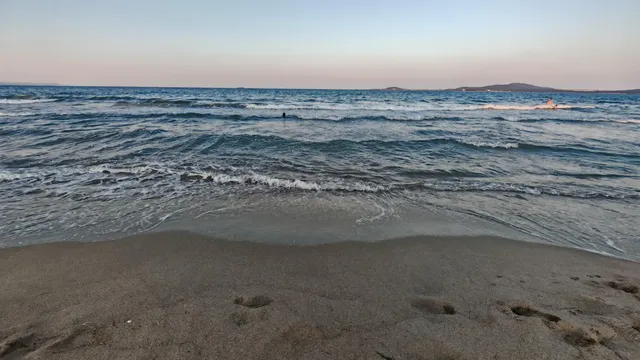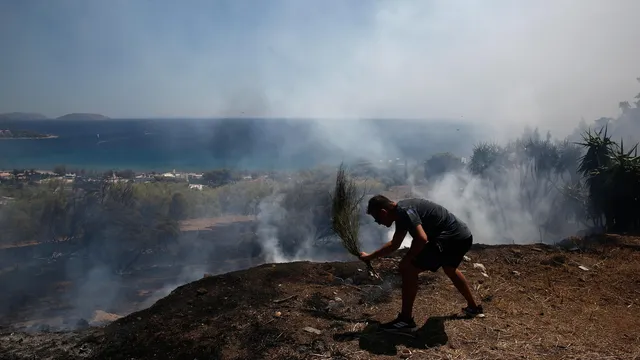"Immeasurable" levels of microplastic pollution have been found in the waters of Contrex and Hépar, brands owned by Nestlé Waters.
This was revealed by Mediapart, citing the magistrate in charge of the preliminary investigation in the legal proceedings against Nestlé Waters for illegally dumping polluting waste in the Vosges.
Nestlé Waters is being prosecuted for storing waste and maintaining four illegal landfills in Contrexéville, Té-Su-Montfort, Saint-Ouen-lès-Paré, and Crainville, with a total volume of 473,700 cubic meters, equivalent to 126 Olympic swimming pools.
The trial, decided after an investigation by the regional environmental department of the Nancy prosecutor's office, will take place from November 24 to 28, AFP reported.
Nestlé is being prosecuted for allowing "microplastic particles" to leak into surface and groundwater around these depots in concentrations "that make any aquatic life impossible and have a harmful effect on health, flora, and fauna."
The revelations by Mediapart, which together with Le Monde and Radio France contributed to exposing the illegal methods used in the past by Nestlé Waters to purify water, indicate that plastic waste "is the cause" of the high levels of microplastics found in the water flowing from the wells, which is then bottled under the Contrex and Hépar brands.
The media outlet refers in particular to an investigation by the French Biodiversity Agency (OFB) and the Central Service for the Fight against Environmental and Public Health Offenses.
"Quantitative analysis shows that the proportions are disproportionate in terms of the introduction of microplastics into the Vosges soil by Nestlé in the quarries, on the ground, and in the waters located downstream," said the magistrate in charge of the investigation, according to Mediapart, warning of "their harmful effects on human health."
Microplastic levels are 515 microplastic particles per liter (mp/L) for Contrex and 2,096 for Hépar, which is 51,000 to 1.3 million times higher than the concentrations normally found in lakes, rivers, and streams according to two studies on which the investigators based their findings.
Contacted by Mediapart, Nestlé Waters claims that "there is no proven contamination according to the environmental analyses shared with the authorities. All our waters are safe to drink." | BGNES

 Breaking news
Breaking news
 Europe
Europe
 Bulgaria
Bulgaria







